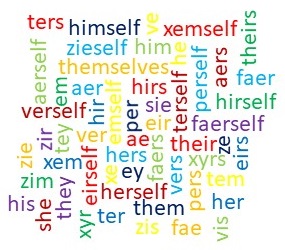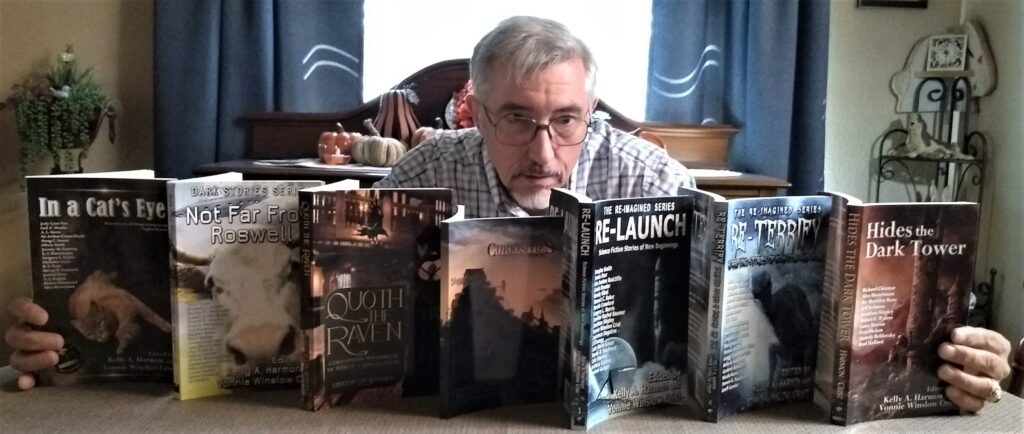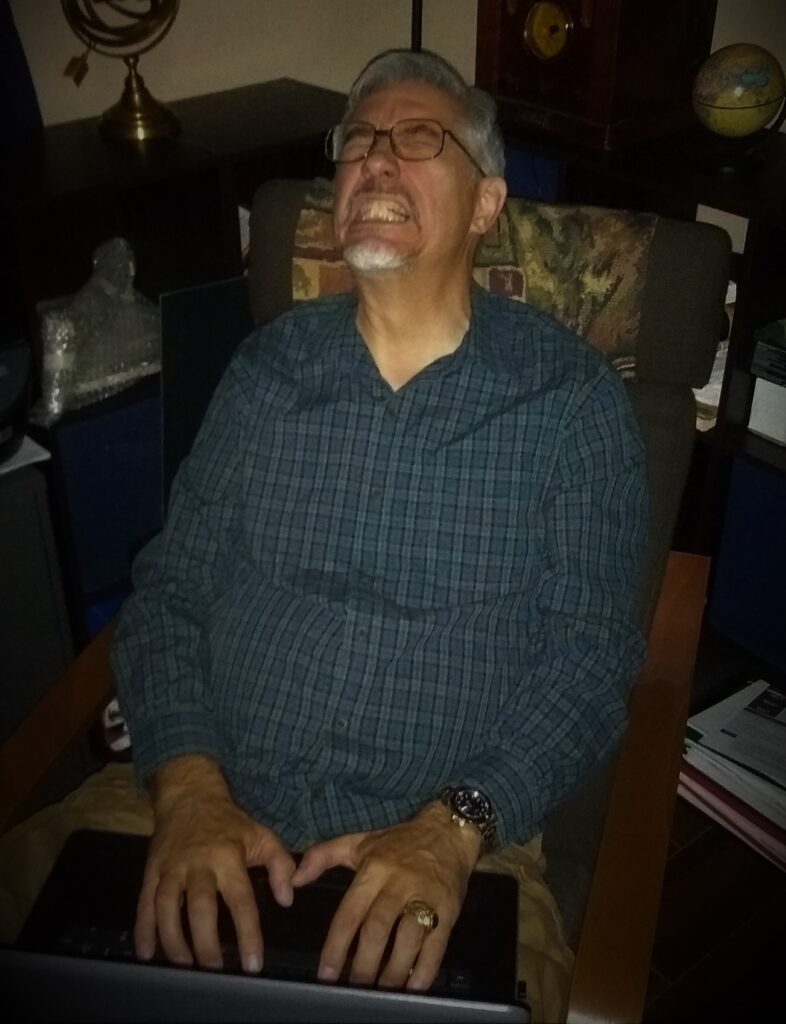If you write, you’d like to write faster. But how? On October 20, I attended a webinar by prolific author Vi Khi Nao, and she said some things that might interest and help you.
She titled her talk, ‘How to Write Effortlessly and Quickly,’ and I was struck by her four ‘productivity techniques,’ called Inflexible, Exact, Flexible, and Ideal Muse.
When she declared that last one, Ideal Muse, as her favorite, I figured I’d skip to it. Then she said you can’t skip. You must work through each technique in order.
Dang. That makes them more like steps or stages. You must go through them in order, she stated, because you will learn something at each stage that helps you in the next one.
I’ll outline each stage in my own words. What follows is my interpretation of what she said. If I got it wrong, it’s my fault, not hers.
Inflexible
Determined to write more, Vi Khi Nao put aside as much of her non-writing life as possible. She limited her interactions with others, devoting herself to writing. She filled her days with writing, and became ‘inflexibly disciplined’ about it.
Her output grew. She wrote a lot. However, she considered most of the resulting manuscripts bad. Her own prose bored her, and it required heavy editing. In the end, after many drafts, she ended up with a tiny amount of quality writing. Practicing this technique, many of us might find our health suffering, along with our relationships with friends and loved ones.
Still, she learned writing discipline, the value of daily ritual. She experienced writing in the flow, without self-editing.
Exact
She tried something else, setting a more modest goal of 10,000 words every two weeks. This time, she strove for quality as well as quantity. She decided any kind of writing counted as part of her 10,000 words—short stories, novellas, screenplays, and poems. She worked on bits of everything, alternating, much like a farmer rotates crops.
With a variety of projects going at once, she found her creativity stimulated. Although she didn’t mention it, I suspect her relationships with others improved after stopping the previous Inflexible technique. The new, modest, 10,000-word goal helped relieve some mental pressure, and her product required less editing. However, I suspect most of us would gravitate toward short and easy projects to meet the word count goal.
From this technique she learned a better balance between quality and quantity.
Flexible
Still seeking a way to produce high-quality writing faster, she set precise end goals (a novel by this date, a screenplay by that date, etc.) but allowed time for flexing. She wrote based on the momentum of the moment, when the mood struck. While maintaining the discipline of writing each day, if she entered the flow zone, she went with it.
The emphasis on quality helped her writing. Having established good writing habits in the earlier techniques, she got quantity along with it. However, I suspect she still felt guilty when not writing, and she still wasn’t in tune with her muse, her inner creativity.
The Flexible stage teaches the elasticity of time itself. All hours are not equal for a writer. All days are not equal. Quality writing requires time, but cannot be created in a linear way.
Ideal Muse
Knowing now that her muse didn’t clock in and clock out at specific times, she merged all previous techniques and allowed her muse to schedule her writing. When the muse struck, she dropped everything and wrote, no matter what. If shopping, she wrote in the store. If driving, she pulled over and wrote. She set product-driven goals, not date-specific ones. Sometimes she wrote for five minutes, other times for five hours. She monitored her health, knowing she couldn’t write in an unhealthy state.
At which stage are you right now? If increasing my productivity means I must start with the Inflexible stage, I’m not ready to sacrifice everything else in life for my writing. Still, I believe I’ve gone through a lesser version of the first two stages, and am in the Flexible stage now.
Whoops. Hang on. The muse is calling—
Poseidon’s Scribe








